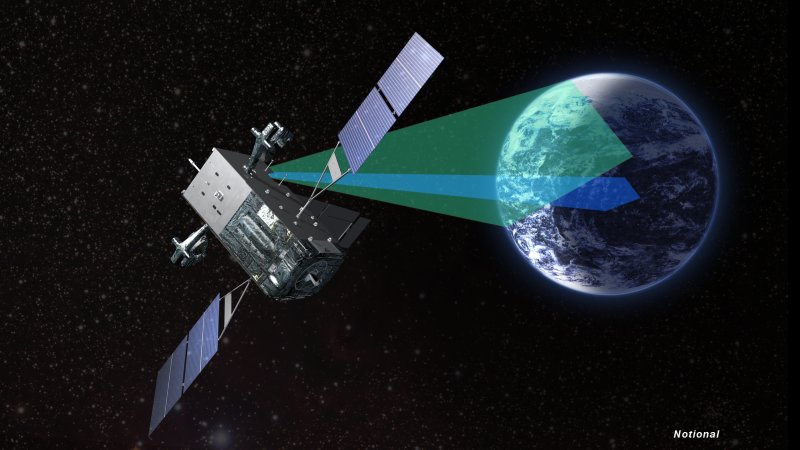The recent NAWAS and CWIX exercises marked the first successful deployment by French forces of the Thales solution for long-range Link 16 transmission of tactical data via satellite.
During the exercises, the compact, readily deployable TopLink-MINT solution from Thales was used for long-range transmission of tactical situation data to NATO and allied systems, providing an opportunity to:
- demonstrate rapid operational implementation of a Link 16 network extension capability
- validate compliance with the JREAP standard (Joint Range Extension Application Protocol) and its interoperability with NATO and allied systems.
“Thales is proud to have taken part in these exercises, which have successfully demonstrated the excellent performance of our systems and their inherent interoperability in the context of joint and coalition operations involving several nations,” said Hervé Derrey, VP for Thales Communications & Security’s Radio Communication Products business. “The armed forces now have the assurance that platforms equipped with our solution will deliver the rapid deployability, long-range extension and interoperability they need.”
In addition to the standard Link 16 function via MIDS radio network, the TopLink-MINT station from Thales incorporates the JRE capability (Joint Range Extension) for relaying Link 16 information from the MIDS network over an infrastructure network or via satellite.
The NAWAS 2012 exercise was organised and conducted by the three branches of the French armed forces under the leadership of the Land Forces Command (CFT). Its objective was to confirm the ability of the armed forces to provide an effective air defence capability for expeditionary land forces on the move.
The Coalition Warrior Interoperability eXploration, eXperimentation, eXamination, eXercise (CWIX) is an annual exercise to test and improve the interoperability of operational information systems deployed by NATO nations.
The exercise uses a range of scenarios to demonstrate technical and operational readiness and deploy equipment and systems in live situations to test their ability to recognise each other and communicate in the theatre of operations.
It is also an opportunity for government agencies and industry to deploy prototypes and demonstrators to showcase new technologies in realistic situations. Around 150 information systems and 800 personnel were involved in this annual exercise.










